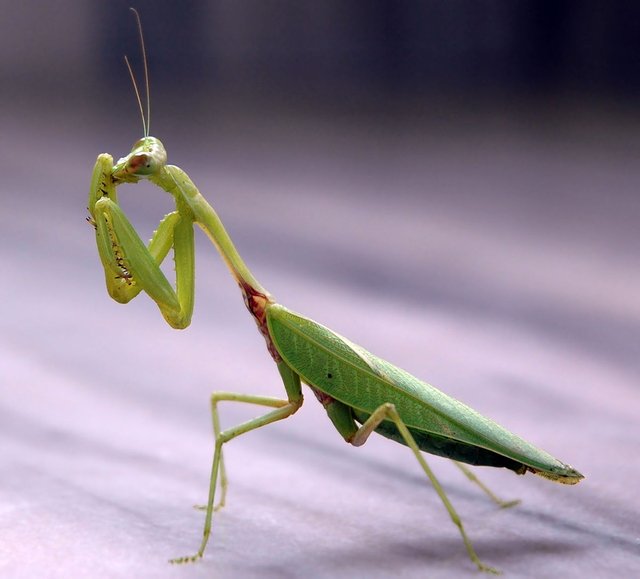11 Beneficial Insects That Help Plants
Along with tomatoes, squash, cucumbers and a host of other vegetables, I grow bugs. Not for my family to eat, but to eat what's eating my vegetables. Certain bugs will benefit your garden by feasting on predatory bugs and insects before they destroy your green-thumb labors.
These 11 bugs act as natural pest control in your garden and landscape, familiarize yourself with them so you won't kill the good ones when you encounter them.
Assassin Bugs
Black with orange-red, oval-shaped body, the assassin bug is a large beneficial garden bug that feeds on a variety of insects. Don't mess with the assassin bug, they have a nasty bite.
Big-Eyed Bugs
Aptly named for their big eyes on their small, quarter-inch body. Big-eyed bugs feed on insect eggs and caterpillars.
Damsel Bugs
Diminutive, quarter-inch long bug that appears in mid-summer to feast on pest eggs and larvae. Damsel bugs have slender bodes and are usually cream color, but can be dark brown or black, depending on species.
Ground Beetles
Predaceous as both larvae and adults, the ground beetle scavenges the garden ground at night for cut worms, army worms, mole crickets and other damaging insects. Ground beetle adults can reach over one inch in length and have brown or black body.
Lacewings
Brown or green, larvae or adult, lacewings love the taste of aphids and mites and will keep flower and vegetable plants free of them and other soft-bodied insects. Adult lacewings are green, with copper-colored eyes and a network of veins in their wings (hence their name) Lacewing larvae are oblong, soft-bodied and have a distinctive sickle-shaped mandible.
Lady Beetles
Adult and larvae-stage lady beetles feed on aphids, mites, mealybugs and all other soft-bodied insects and their eggs. Adults have an oval-shaped with a reddish body that has black markings, larvae are brightly colored with spots and are covered with spines.
Mites
There are good mites and bad mites in your gar garden. The good mites are bright red, yellow or green with seemingly transparent bodies and long legs. The predaceous mites (good mites) eat the predatory (bad mites) before they can damage plants.
Paper Wasps
Hard to consider a wasp as being beneficial, but these are. Paper wasps sting and paralyze caterpillars and beetle larvae, then fly them to the nest for eating. So-named because of their paper-like nesting material.
Praying Mantis
Large, green insect that holds its front legs in way manner that looks like it's praying. The front legs are covered with spines that allow the bug to catch and hold onto a variety of garden pests.
Pirate Bugs
Miniscule pirate bugs are only one-sixteenth of an inch long, but they are an effective predator of thrips and the egg laid by other insect. Pirate bugs are black and white as adults, but bright orange or yellow as larvae.
Stink Bugs
One inch long adults bear a shield on their backs and feast on almost every known garden pest. Don't let your kids or grandkids know they fill the air with a terrible stench when crushed or you won't be able to keep any stink bugs in your garden or landscape.
